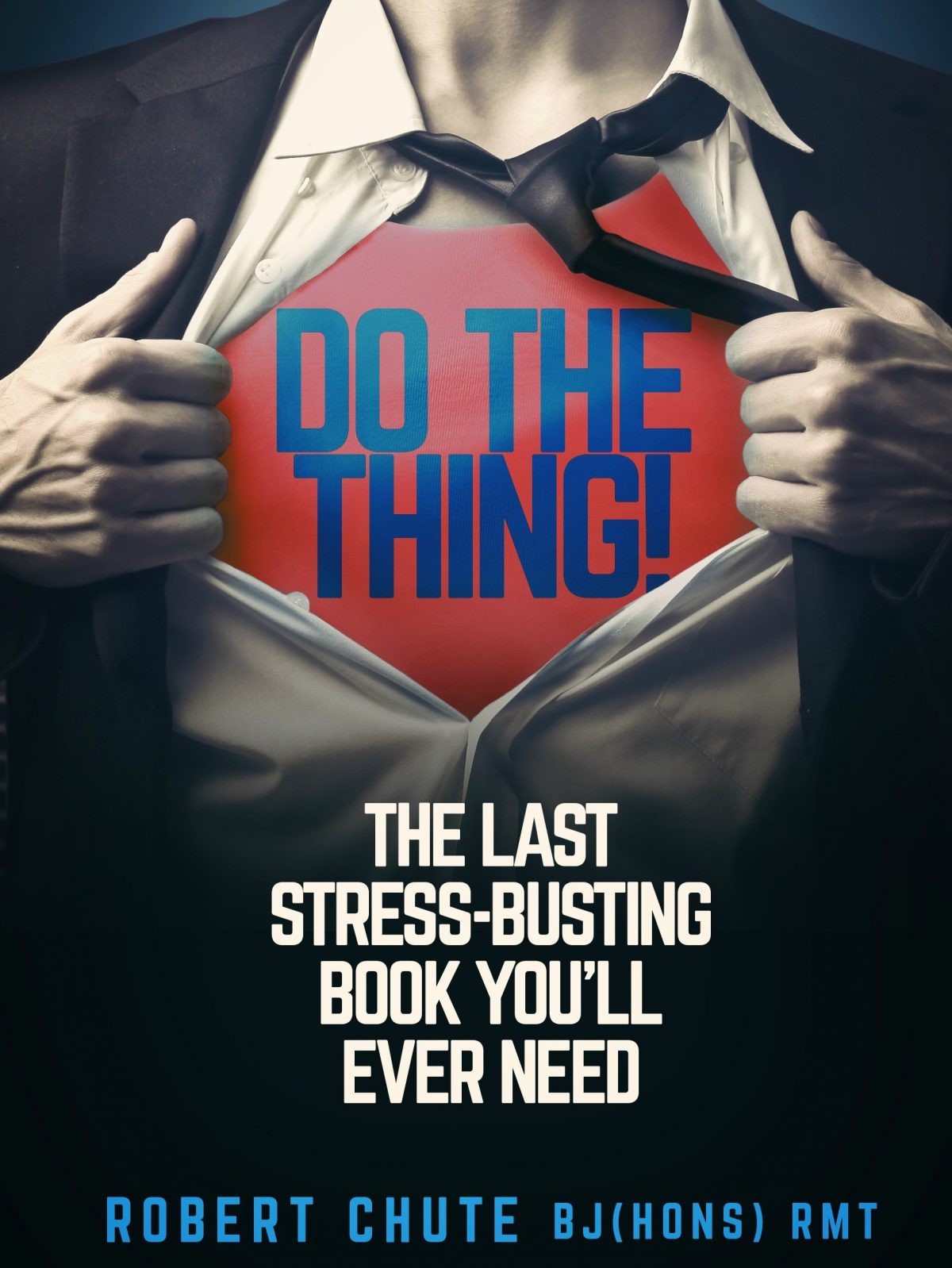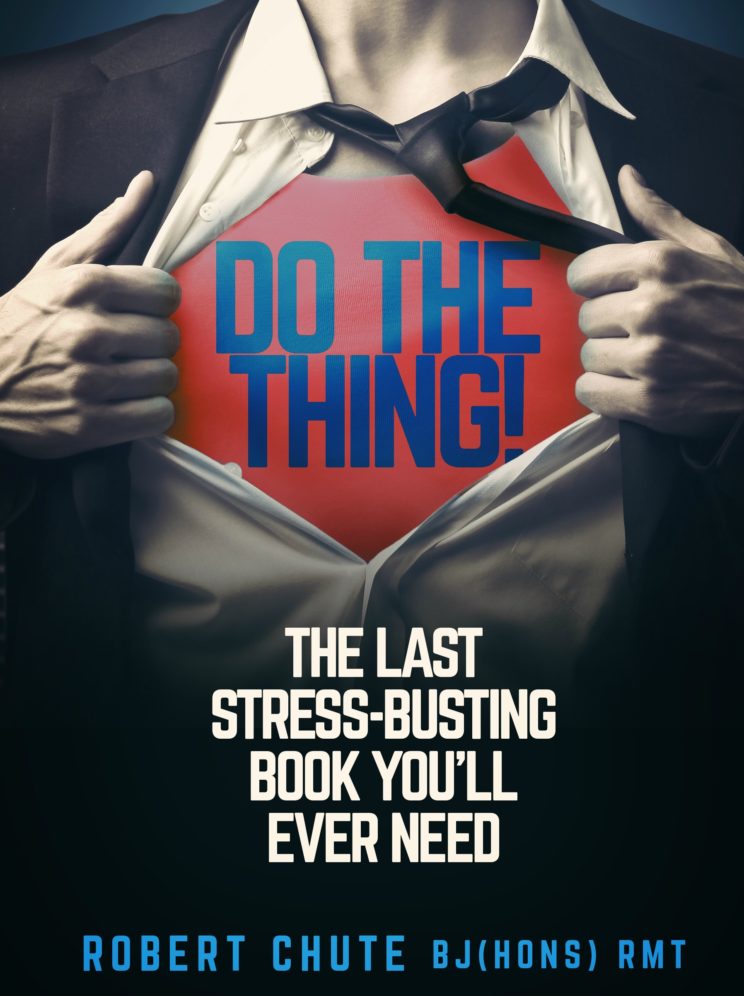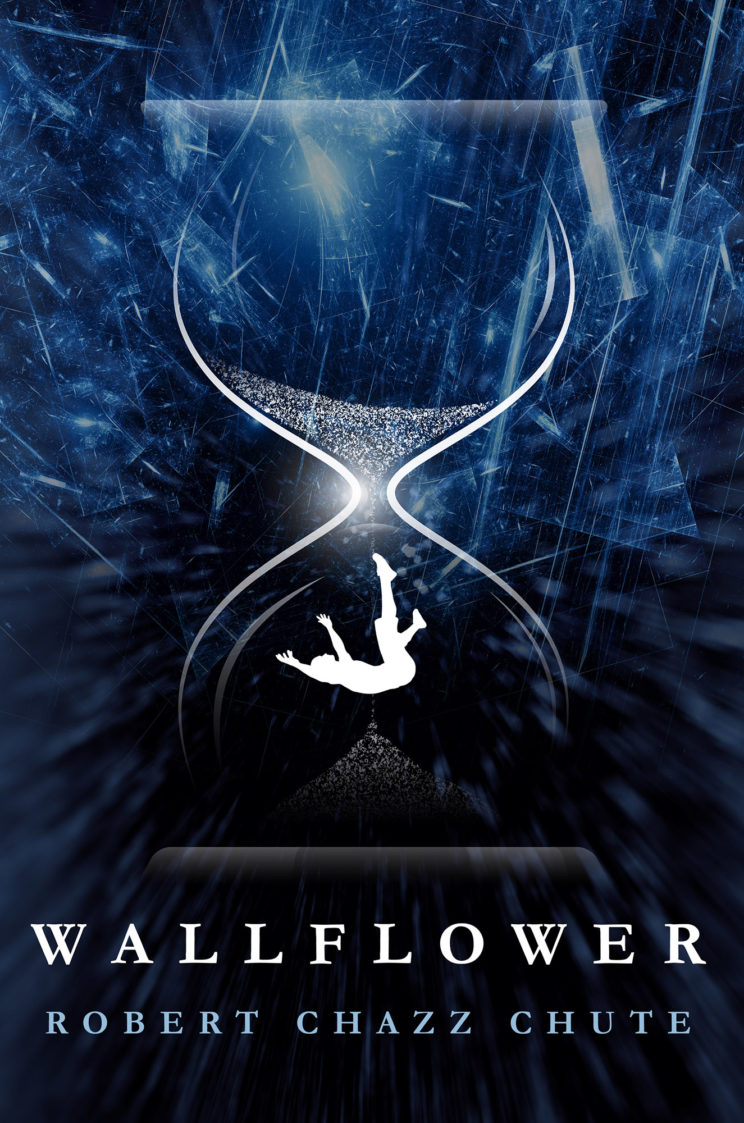Every exercise, diet, and brain performance guru tells you to prioritize sleep. Where their advice often falls down is the how of it. Last night, I had the best sleep since the womb. I’m going to tell you how. I’m not a doctor. Consult your own. I can only tell you what worked for me.
I have two sleep disorders, so when I went to a sleep specialist, I was hoping for easy answers. He had lots of answers, and they were easy. They just weren’t entirely effective.

http://mybook.to/DoTheThing
I got the usual advice first.
Since my sleep apnea was under control, the sleep specialist gave me the same suggestions to improve sleep that you’ll find on any listicle:
Exercise, but not too close to bedtime.
Try again.
When you’re sleepy, go to bed like an adult
(or a toddler forced to go to bed).
Keep the bedroom cool and dark.
Cut off screen time a couple of hours before bed.
Avoid excess stimulation in the evening.
Wind down with a book. (As a writer, I highly encourage this.)
Ditch heavy meals late in the day.
Avoid caffeine after noon.
Try a warm shower an hour or so before bed.
If you can’t sleep, get up, move to another location, and read something until you’re sleepy
Reduce stress.
I am a hot sleeper, so I’ve tried cooling blankets and all manner of cooling pillows. None of them stay cool for very long. I’ve even tried ice packs in the bed. All to little or no avail. Every morning, two of my four pillows are on the floor, the sheets are twisted into nooses, and it looks like I lost a fight with ghosts and demons.
What worked for me.
- I upped my magnesium intake, including a magnesium cream 30 minutes before bed.
- I had a CBN edible. (This one has no THC or CBD in it, though I’ve found that can help.)
- The newest additions to my sleep strategies were (a) noise-canceling earbuds made of silicone, and (b) silicone tubes in the nostrils.
The noise reduction was significant. All I could hear was my own breathing. I’d tried nose strips before, but they did nothing for me. With the tubes in my nose, my sinuses opened up to nice cool air. I could sleep with my mouth closed, and I slept deeply. I also knocked out for much longer than usual without interruption.
I will grant you, these are not sexy strategies. However, I woke up refreshed and greeted my wife with, “It’s a beautiful world, full of beautiful people doing beautiful things!” And I had a productive day. It was a good day. Good days are sexy, especially when you are unused to good days.
It’s early evening as I write this. I have enough time and energy before bed to go over suggestions from beta readers for my next novel. It’s nice to have more energy for that, too.






